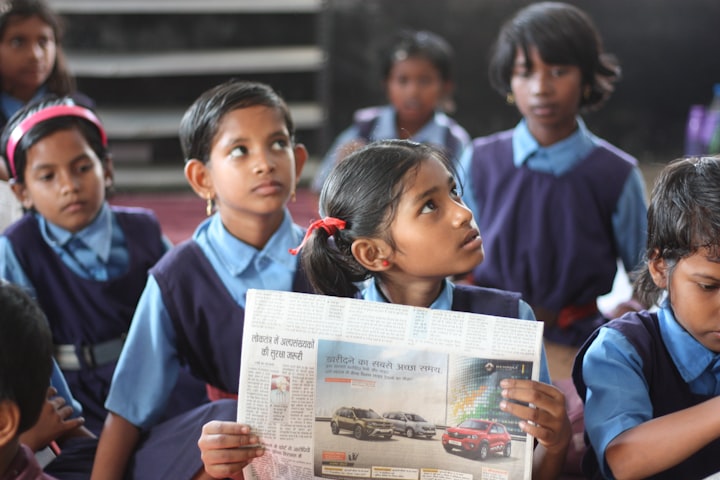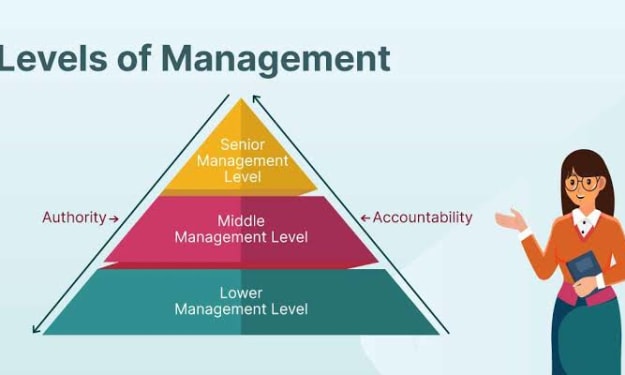News: Should children read/watch the news?
Nurturing Resilience in Children: A Guide to Navigating News

In times of uncertainty and distress, the question of whether children should read/atch the news often arises. As a parent or caregiver, it is crucial to consider various factors before making this decision, with the age of the child being a significant one.
1. Understanding Age-Appropriate Exposure:
Children below their teenage years may struggle to process the overwhelming information presented in the news. Our brains perceive each news episode as a new event, potentially causing distress, especially when repeatedly exposed to challenging content. Tailoring the news exposure based on the child's age and ability to comprehend is essential.
2. Addressing Specific Fears and Building Safety Plans:
Initiating a conversation with the child about their fears can provide valuable insights. By understanding their concerns, you can create tailored safety plans to address specific worries. Whether it's fear of walking home alone or concerns about family and friends, reassuring the child and establishing practical safety measures can help alleviate anxiety.
3. Emotional Support and Communication:
Navigating discussions about difficult topics can evoke strong emotions, especially when the community is directly affected. It is important to acknowledge and process your feelings before engaging with the child. Providing a safe and calm environment to communicate openly can foster trust and comfort during challenging times.
4. Transitioning to Teenage Years:
As children enter their teenage years, they begin to form their own opinions and values. While controlling their news exposure becomes more challenging, engaging in open dialogues about their thoughts and feelings can be beneficial. Encouraging critical thinking and discussing values can empower teenagers to navigate news independently and develop a well-rounded perspective.
5. Building Resilience Through Communication:
Ultimately, fostering resilience in children involves open communication, understanding their fears, and guiding them through uncertain times. By actively listening, providing reassurance, and encouraging critical thinking, parents can equip children with the skills to navigate news responsibly and develop their own informed opinions.
6. The Impact of News on Children:
The news media plays a crucial role in shaping our understanding of the world, but its impact on children can be profound. Younger children, in particular, may find it challenging to process the often distressing and complex information presented in the news. Their developing minds may struggle to differentiate between reality and what they see on the screen, leading to confusion and anxiety.
7. Tailoring News Exposure to Age:
When deciding whether children should watch the news, it is essential to consider their age and developmental stage. Young children, below their teenage years, may benefit from limited exposure to news content. Shielding them from graphic images and disturbing stories can help protect their mental well-being and prevent unnecessary fear and anxiety.
8. Addressing Specific Concerns:
One approach to helping children navigate news is to address their specific fears and concerns. By initiating open and honest conversations, parents can gain insight into what worries their children and tailor their approach accordingly. Creating safety plans for common fears, such as walking home alone or worries about family and friends, can provide reassurance and a sense of security.
9. Emotional Resilience and Support:
Emotional support is crucial when discussing challenging news topics with children. Acknowledging and validating their feelings, while providing a safe space for expression, can help children process their emotions effectively. Parents should be prepared to manage their emotions as well, as children often look to adults for guidance on how to react to distressing news.
10. Cultivating Critical Thinking in Teenagers:
As children transition into their teenage years, they begin to form their own opinions and perspectives on the world. Encouraging critical thinking and open dialogue about news events can empower teenagers to develop a nuanced understanding of current affairs. Discussing values and encouraging independent thought can help teenagers navigate the complexities of the news media.
11. Empowering Children Through Communication:
Effective communication is key to empowering children to navigate news responsibly. By engaging in meaningful conversations, parents can help children develop the skills to critically analyze information, form their own opinions, and seek out reliable sources. Building a foundation of trust and open communication can equip children with the resilience needed to face challenges and uncertainties.
● Conclusion:
In conclusion, nurturing resilience in children during challenging times involves a thoughtful and proactive approach to news consumption. By considering age-appropriate exposure, addressing specific fears, providing emotional support, and fostering critical thinking, parents can guide children through the complexities of the news media. Empowering children to navigate news responsibly not only builds their resilience but also equips them with the skills to engage with the world with confidence and understanding. Remember, your guidance and support play a crucial role in shaping how children perceive and interact with the world around them.





Comments
There are no comments for this story
Be the first to respond and start the conversation.